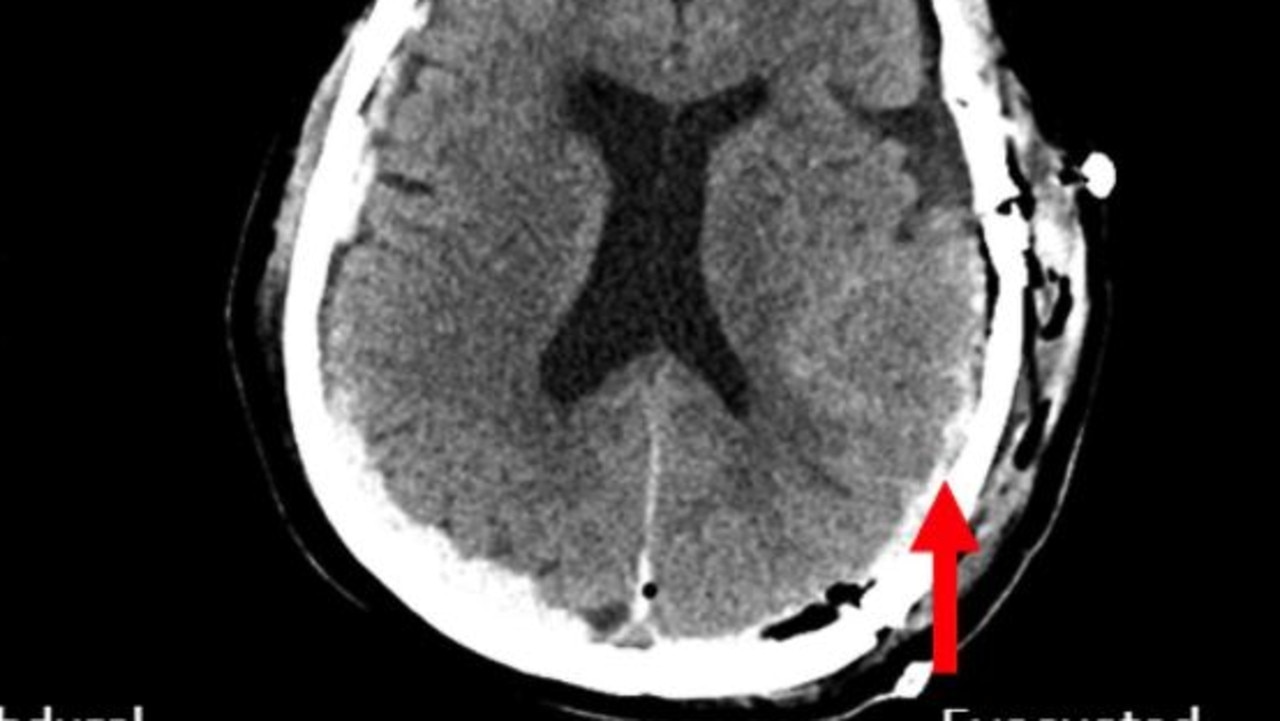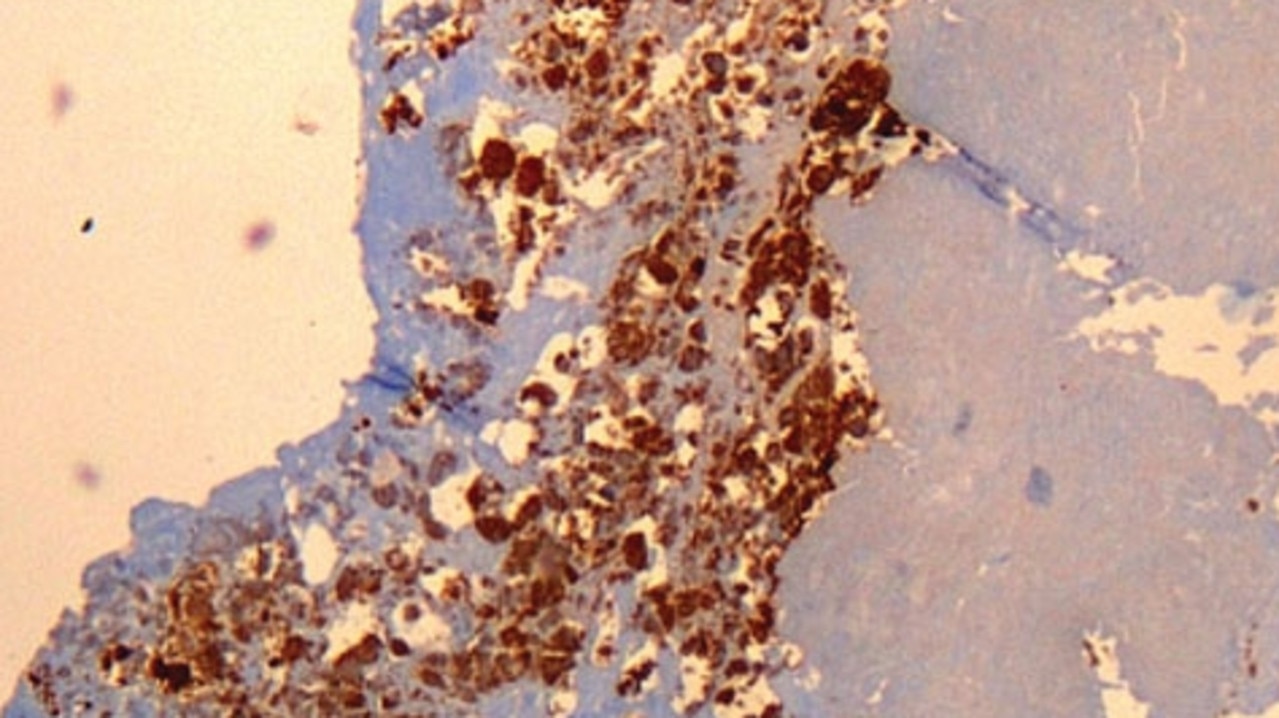Scary Indian variant behind Melbourne’s Covid outbreak and lockdown a risk for all Australians
A highly infectious Covid variant that plunged Melbourne into lockdown is behaving in a terrifying manner that could put the whole country at risk.
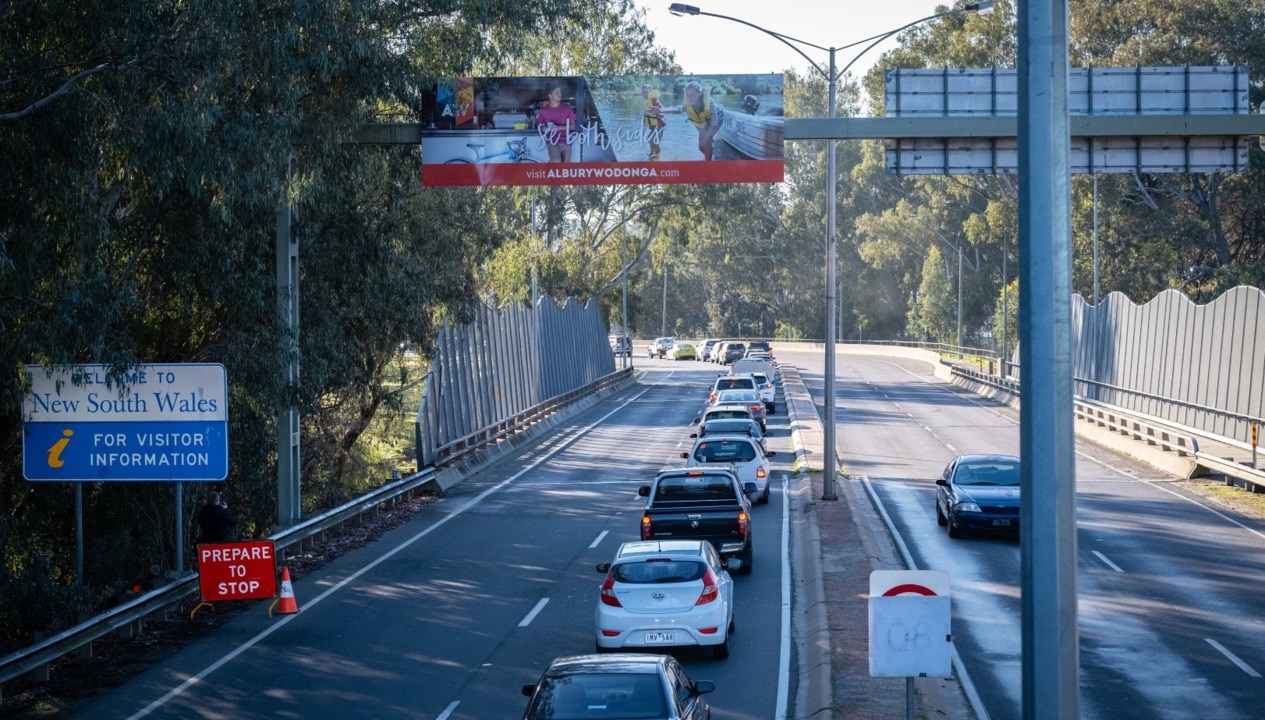
A highly infectious Covid variant that plunged Melbourne into lockdown is behaving in a terrifying manner that could put the whole country at risk.
Epidemiologists believe the B1617 strain, which originated in India and is behind a devastating death toll there, is at least 60 per cent more transmissible.
It has since spread elsewhere in the world, jumping from one per cent of new cases in the US to seven per cent in a matter of weeks, while also sparking new hot spots in the UK.
Now, a subset of the mutation – B16171, dubbed Kappa by the World Health Organisation – is on the loose in Melbourne and the city’s snap lockdown has so far failed to ease the concerns of authorities.
The lockdown has now been extended for a further seven days to reduce the community risk as much as possible.
“If we let this thing run its course, it will explode,” Acting Premier James Merlino said on Wednesday.
“We‘ve got to run this to ground because if we don’t, people will die. And if that happens, it’s our most vulnerable – it’s our parents, it’s our grandparents, it’s Victorians with underlying conditions or compromised immunity, it is those Victorian whose will pay the price. In the end, this is about saving lives.”
RELATED: Victorian health authorities urge people to get tested after multiple ‘unexpected detections’
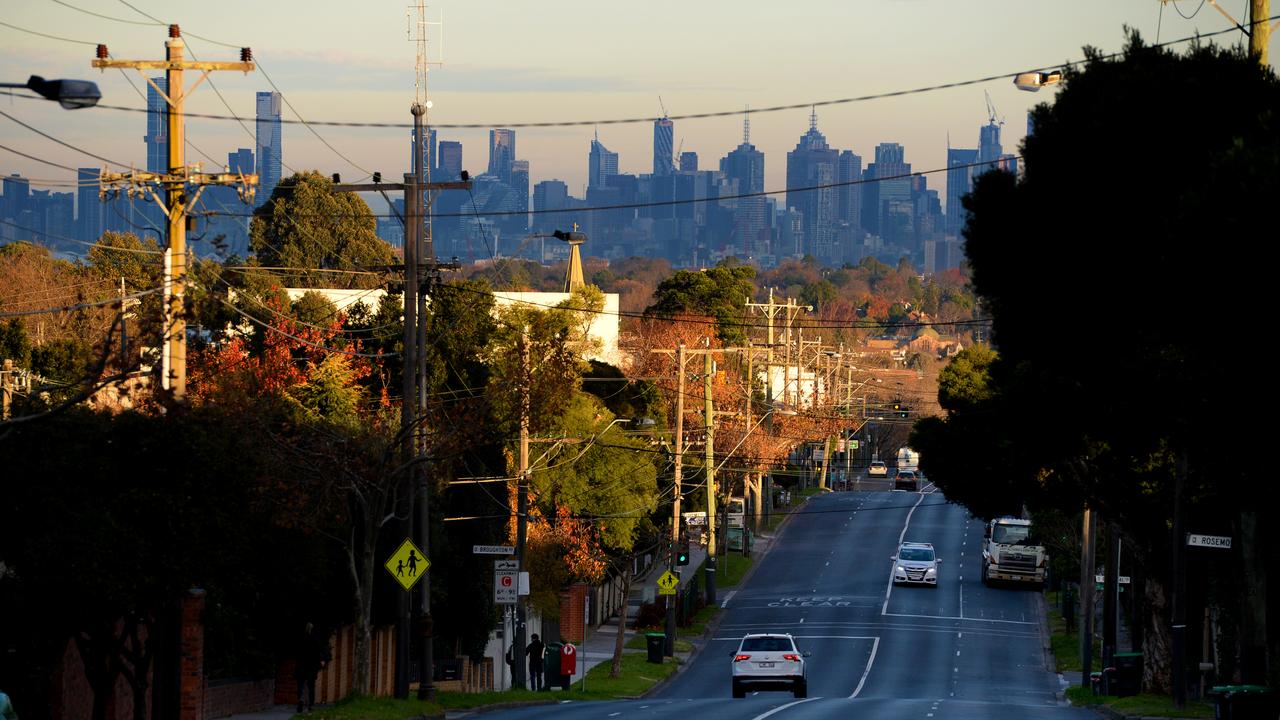
Extremely infectious and potentially deadly
Like other variants before it, the B1617 variant is much more infectious than authorities have previously seen.
There are two subsets of lineages of concern – B16171 and B16172. For clarity and to reduce racial stigma that could come from using country names, the WHO has designated those variants Kappa and Delta respectively.
The Kappa strain is the one that’s been detected in Melbourne’s outbreak. It is thought to be less deadly than the Delta strain, but it is just as infectious.
Dr Lisa Spencer is the honorary secretary of the British Thoracic Society and an adviser to the UK Government and said there are several B1617 hot spots emerging there.
“These are areas where the variant first identified in India seem to be causing a majority of the infections, spreading quickly,” Dr Spencer told the BBC.
“These areas of the country represent mini-Covid volcanoes – that’s the problem.
“If we don’t handle these volcanoes carefully, they could explode and send a massive gas plume across much more of the UK.”
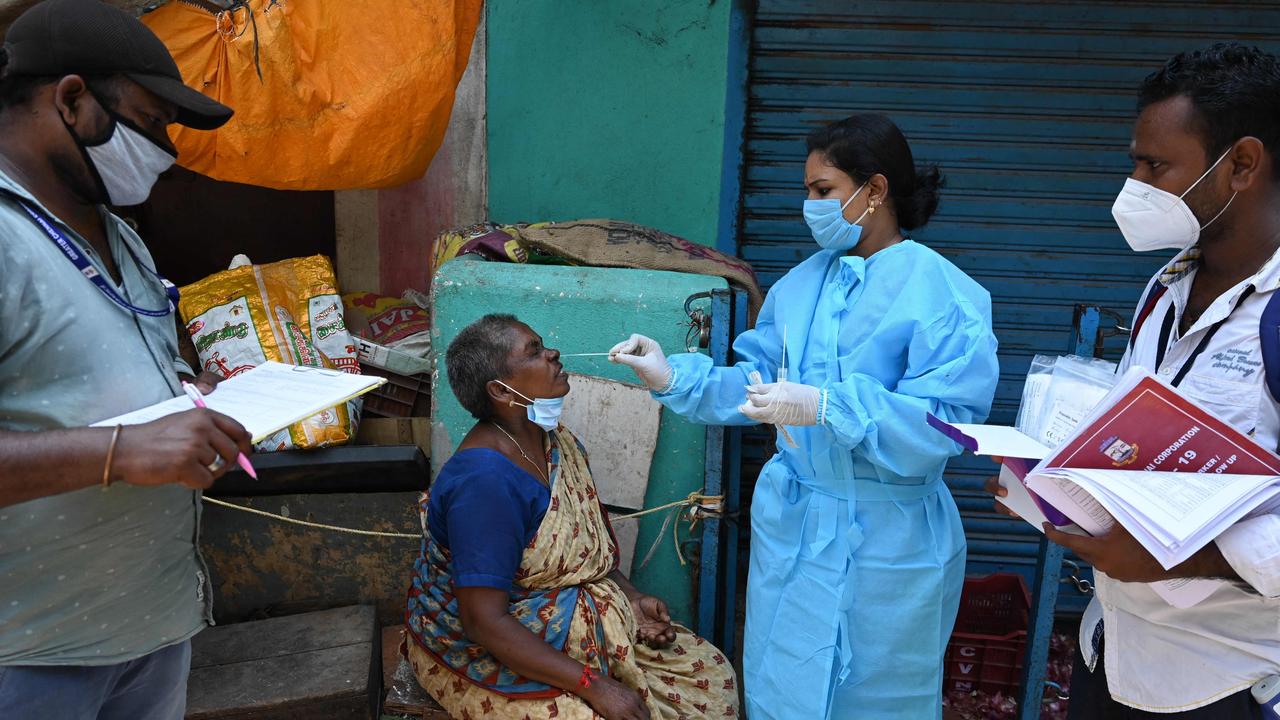
The rapid spread of the variant has been seen in Melbourne.
“There is stranger-to-stranger transmission occurring,” Victoria’s testing commander Jeroen Weimar said of the worrying nature of the Indian variant.
“What we are seeing now is [infection among] people who are brushing past each other in a small shop, going around a display home, looking at phones in a Telstra shop … very fleeting contact, relatively speaking.
“They don’t know each other’s names. This is very different from where we have been before.”
Six new cases of COVID-19 were recorded in Victoria overnight, taking the outbreak total to 60, and there are now more than 500 exposure sites across the state.
NSW is also on alert after it was revealed a man from Victoria visited several locations in Jervis Bay in the state’s south while it is likely he was infectious.
The Indian variant’s easy transmission is just one component of the danger facing Australia.
RELATED: All the exposure sites added to Victoria’s watch list
Winter is here – and so is a higher risk
Transmission of COVID-19 occurs more rapidly in colder weather regardless of the strain, it has been observed internationally.
The US, UK and Europe have all experienced severe and deadly waves of infection during winter.
Professor Ben Mullins from Curtin University’s School of Population Health said colder temperatures here present a risk.
“As we move into winter, the combination of cooler weather, less sunlight (UV exposure) and more humid conditions in southern states all combine to increase the risk of more frequent outbreaks,” Professor Mullins said.
On top of that, airborne spread appears to be greater in some newer COVID-19 strains, meaning particles remain in the air for longer periods of time.
That’s a worrying factor when people are coughing and blowing their nose more due to winter colds and flus.
Professor Angela Webster, a clinical epidemiologist from the University of Sydney, said the increased movement of people is also a danger.
“We have school holidays coming up at the end of June and so people have holidays and movement planned within Australia,” Professor Webster told ABC News 24.
“We know Australians in general have been moving around a lot more than they were a year ago.”

Outbreaks and lockdowns will keep happening
Australia will continue to see the virus leak from hotel quarantine into the general population, potentially sparking future lockdowns, microbiologist Professor Ian Henderson warned.
“Those who understand the history of infectious diseases understand this,” Professor Henderson said.
“Quarantine areas need to be distant from large urban centres, where workers in the quarantine system do not interact with people from large urban settings on a frequent basis.
“This will substantially reduce the chances of virus escape into the general population.”
Melbourne’s outbreak occurred when a man contracted the B16172 variant of Covid while in hotel quarantine in Adelaide.
He was released and then travelled to Melbourne.
The fact that Australia hasn’t found a solution to the problem-plagued hotel model after 18 months, despite several devastating outbreaks as a result of it, is “surprising”, he said.
Professor Mullins said inadequate ventilation systems in hotel quarantine facilities had been raised as a concern in the past.
It highlights the urgent need to move to a national approach to safely accepting returned travellers, ideally housing them in a quarantine facility outside major population centres, he said.
Slow pace of vaccines also a danger
Australia’s bungled Covid-19 vaccination rollout presents its own challenges to preventing outbreaks, as well as its own risks.
News of positive cases in aged care in Melbourne caused dread, given the high number of deaths in facilities during outbreaks in the city’s second wave last year.
It emerged on Tuesday that a small number of workers have been able to receive a vaccine.
Australia’s program has been plagued by supply issues, poor and confusing communication, concerns among the public over potential blood clots caused by the AstraZeneca jab, and countless missed government targets.
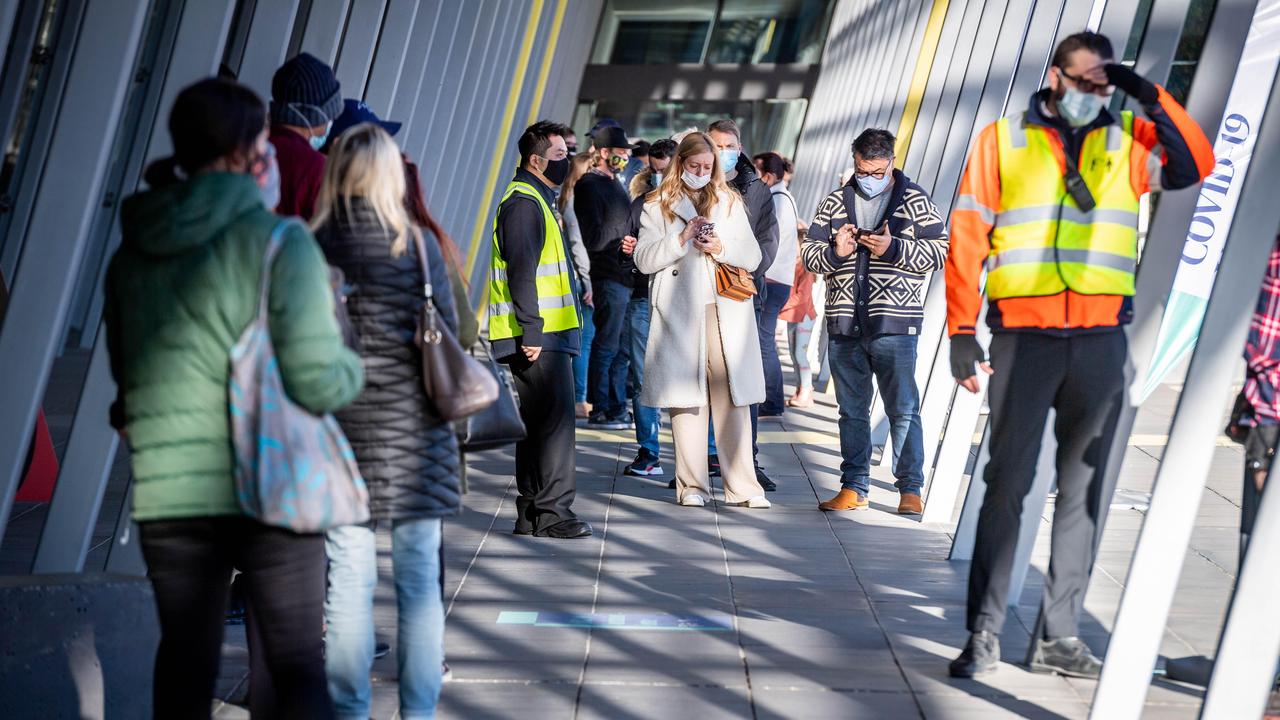
“Due to slow vaccination, most of the Australian population is still vulnerable,” Dr Abrar Chughtai, an infectious disease expert at UNSW Sydney, said.
“We need to increase the vaccination rate rapidly, otherwise we will see these stringent measures in future as well. Australia is really behind in vaccine rollout, even compared to many low-income countries.”
There are only two options available to authorities to stop rapid transmission – mass vaccination and strict lockdowns.
“If this gets out of control, this may be more devastating than the previous outbreaks,” Dr Chughtai said.



